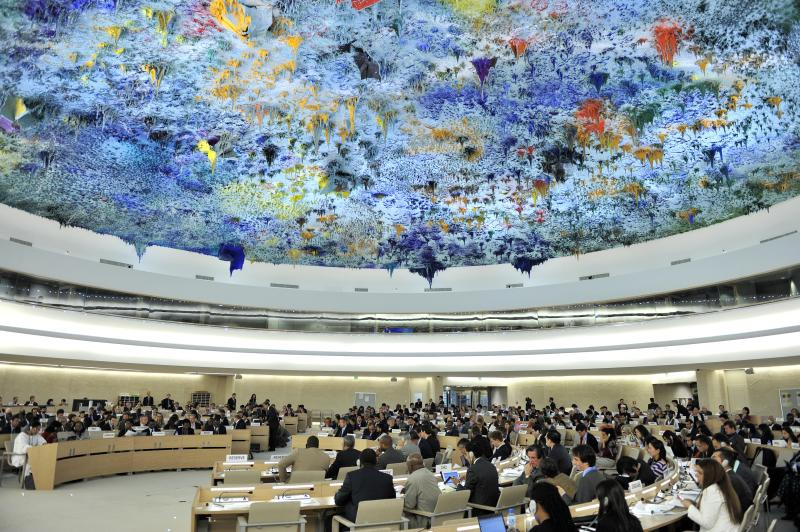On July 31, 2024, the UN Joint Programme on Human Rights (UNJP), a three-year technical cooperation between the United Nations (UN) and the Philippines, came to an end. The aim of the UNJP was to support the Philippine government in its investigations into extrajudicial killings in the context of police operations. This included the training of security forces, the promotion of rule of law principles as well as the strengthening of the judiciary and the protection of human rights through improved accountability and transparency mechanisms.
Justice Secretary Jesus Crispin Remulla said in his assessment of the UNJP that the Philippine government has now shifted its focus to forensic pathology to address the lack of scientific basis to determine criminal activities, which is seen as particularly problematic. He added that the international community would no longer monitor the Philippines in terms of human rights violations. Furthermore, according to Remulla, there is no longer a corresponding UN resolution.
In his State of the Nation Address (SONA) on July 22, 2024, President Ferdinand Marcos Jr. did not mention the UNJP despite its relevance to human rights issues in the country. On the occasion of the SONA, UN Resident Coordinator in Manila Gustavo González emphasized on the online Platform X that the Philippine government had made significant progress in the area of human rights protection under Marcos Jr. The Philippine Commission on Human Rights (CHR), on the other hand, said that stronger implementation of human rights standards in the Philippines was needed to achieve all the goals of the UNJP. Carlos Conde of Human Rights Watch further criticized the Philippine government for not responding to the request of civil society groups for an independent investigation of the UNJP in the context of the overall human rights situation. According to UPR Watch, an association of non-governmental organizations for the Universal Periodic Review (UPR), the UNJP had also not achieved any significant results with regard to the investigation, prosecution, and conviction of perpetrators of human rights violations.
The Philippine Department of Justice (DOJ) and the UN Office in Manila assessed the UNJP as successful in a joint statement dated August 8, 2024. They described the UNJP as a model for an innovative, constructive and transformative dialog between a state and the UN in the field of human rights. Agnes Callamard, Secretary General of Amnesty International and former UN Special Rapporteur on extrajudicial, summary, or arbitrary executions, said that the UNJP has shown above all that justice can be denied and that the international community has been taken in by the Philippine government’s pretend accountability.
In a letter or communiqué dated June 7, 2024, addressed to the Philippine government, UN Special Rapporteur on the promotion and protection of the right to freedom of opinion and expression Irene Khan expressed her concerns about the creation of the Special Committee on Human Rights Coordination (SCHRC). President Marcos Jr. established the SCHRC instead of an improved extension of the UNJP in May 2024. Khan explained that the success of the UNJP is characterized by the dialogue it creates between the government and civil society to improve the human rights situation. According to Khan, it is evident worldwide that civil society is a key player in the promotion and protection of human rights. In the SCHRC, the role of civil society was merely limited to “coordination and consultation.” However, according to Khan, civil society’s access to information and its participation in decision-making processes are essential in order to significantly improve the human rights situation in the Philippines.
Photo © Jean-Marc Ferré

